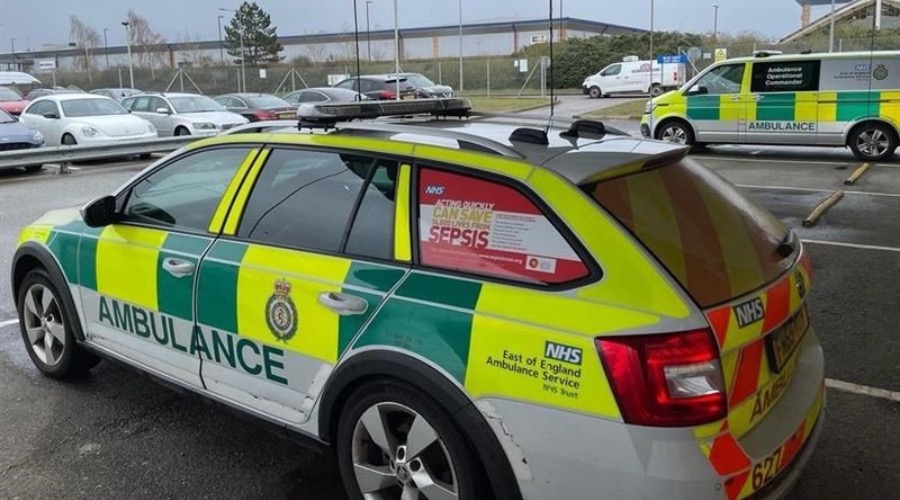
East of England Ambulance Service NHS Trust is piloting new technology, providing what the developer refers to as “robust connectivity” from any area. The organisation will be the first of its kind in the UK to pilot the new Hybrid Connex solution.
According to a statement, the ‘Hybrid Connex digital ambulance of the future’ project is attempting to provide the NHS with a "resilient" solution combining 4G, 5G and satellite connectivity. 5G will be the primary connection, falling back to 4G and finally satellite in “deep rural locations and areas with no coverage at all.”
The project is being co-funded by the European Space Agency and the UK Space Agency, and delivered by a consortium of providers led by Excelerate.
A spokesperson for the programme said: “Complementing the next phase of the Ambulance Radio Programme rollout, this advanced level of permanent connectivity for ambulance services will open the door to new patient care pathways and increase the range of point-of-contact diagnostic services that ambulance crews can carry out on-the-spot.”
The spokesperson also said that it would: “Enable crews to remain in constant contact with specialists, [and obtain] quick and easy access to clinical information through electronic patient records.”
East of England Ambulance Service’s electronic patient record clinical lead, Philip Elvidge, said: “Thetford Forest is renowned among our crews as a complete dead spot for cellular connection. If I end up responding to a call there - without good knowledge of local services and no connectivity - I may end up transporting that patient to hospital, because I was unaware a more suitable pathway was available.
“Another issue we face is how poor connectivity affects the telemetry on our cardiac monitors. For example, if you were diagnosing an MI [myocardial infarction] in a connectivity black spot, you couldn't then send the ECG off to a specialist consultant for review.
“I’ve had this exact issue in the past in areas where there has been very limited cellular connection. You find yourself having to drive up the road and around the corner to find a location where you’re able to send the ECG successfully.”
The pilot will involve six East of England ambulance vehicles, and will be operational between August and October 2023 of this year.